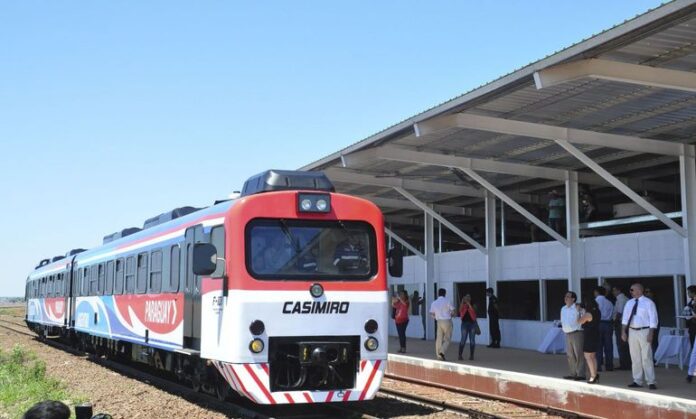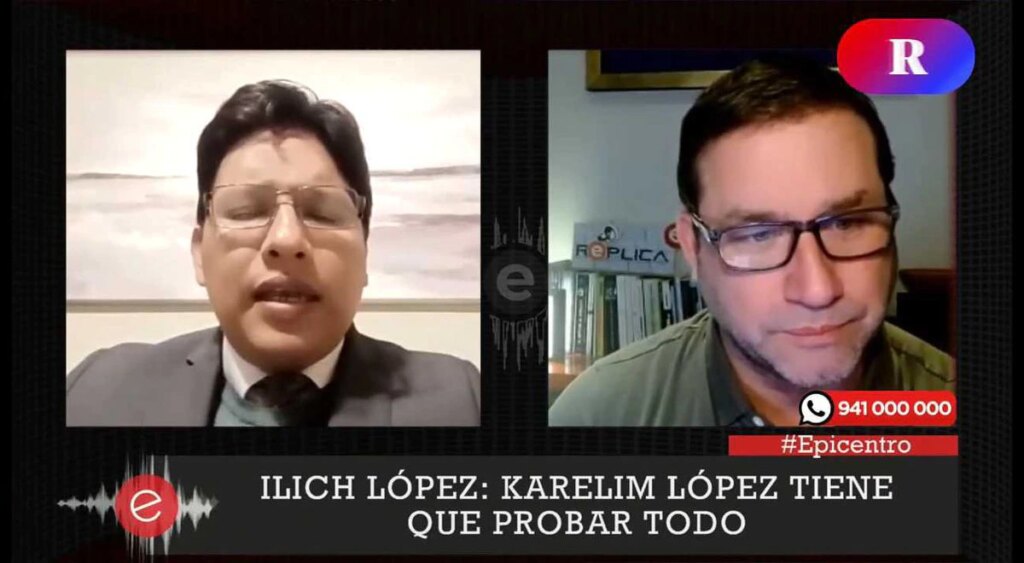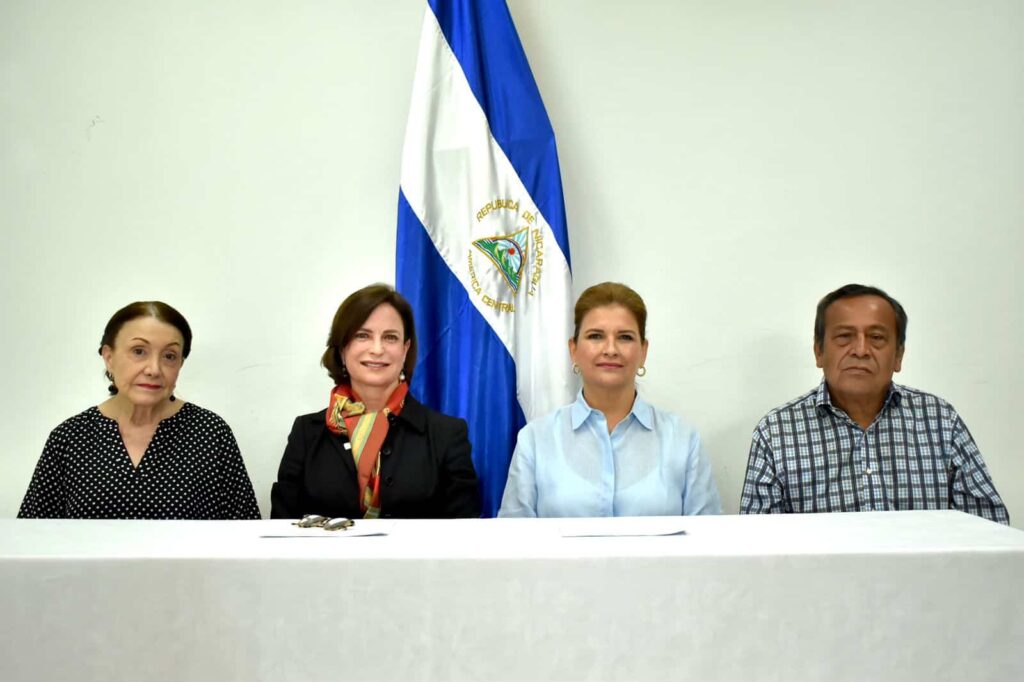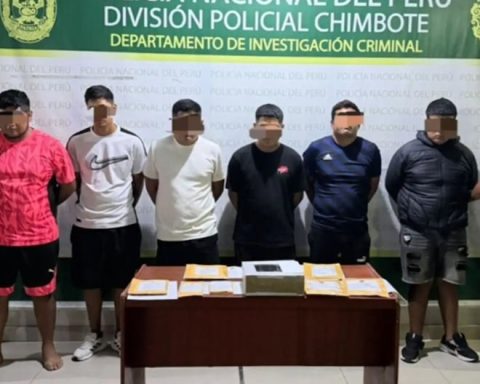The Works, Public Services and Communications Commission of the Chamber of Deputies received Lauro Ramírez, president of Ferrocarriles del Paraguay (Fepasa) on Tuesday. On the occasion, the train transport system between Encarnación and Posadas was analyzed, with the aim of finding solutions for some inconveniences.
The head of Fepasa commented that there were certain inconveniences, indeed, but that they were solved. They had to do with the price of tickets.
He reported that since last week the passenger train service between the aforementioned locations (Encarnación, Paraguay – Posadas, Argentina) was resumed; and that the companies have already agreed on the collection of the ticket.
During the work table it was recalled that the problem arose after the return of the expected means of transport, due to the sale of two types of tickets by the concessionaires of the Encarnación Train Station (Itapúa Logística SA), and the concession in the Argentine locality (Ferrocarril Casimiro SA).
Regarding the progress of the commuter train project (Asunción – Ypacaraí), he mentioned that it is under debate in the Senate, and that it would be financed with loans.
At another point in the meeting, an approval opinion was issued for the bill “That modifies article 100 of Law No. 6,380/2019 – Modernization and simplification of the National Tax System”.
The project intends to include within the exemptions from the payment of the Value Added Tax (VAT), the national medium and long distance passenger public transport companies.
It should be remembered that, currently, urban and interurban public transport has this benefit, provided that the total itinerary, round trip, is not greater than 100 km.
The document aims to amend an unfair situation that, according to members of the advisory body, could have been an error in the drafting of the current law, favoring some passengers of collective transport to the detriment of others.
Finally, the bill “That modifies article 100 of Law 6,380/2019 – Modernization and simplification of the National Tax System” was rejected; and provides for the exemption from the Value Added Tax (VAT), for the alienation of compostable bioplastic bags”.


















